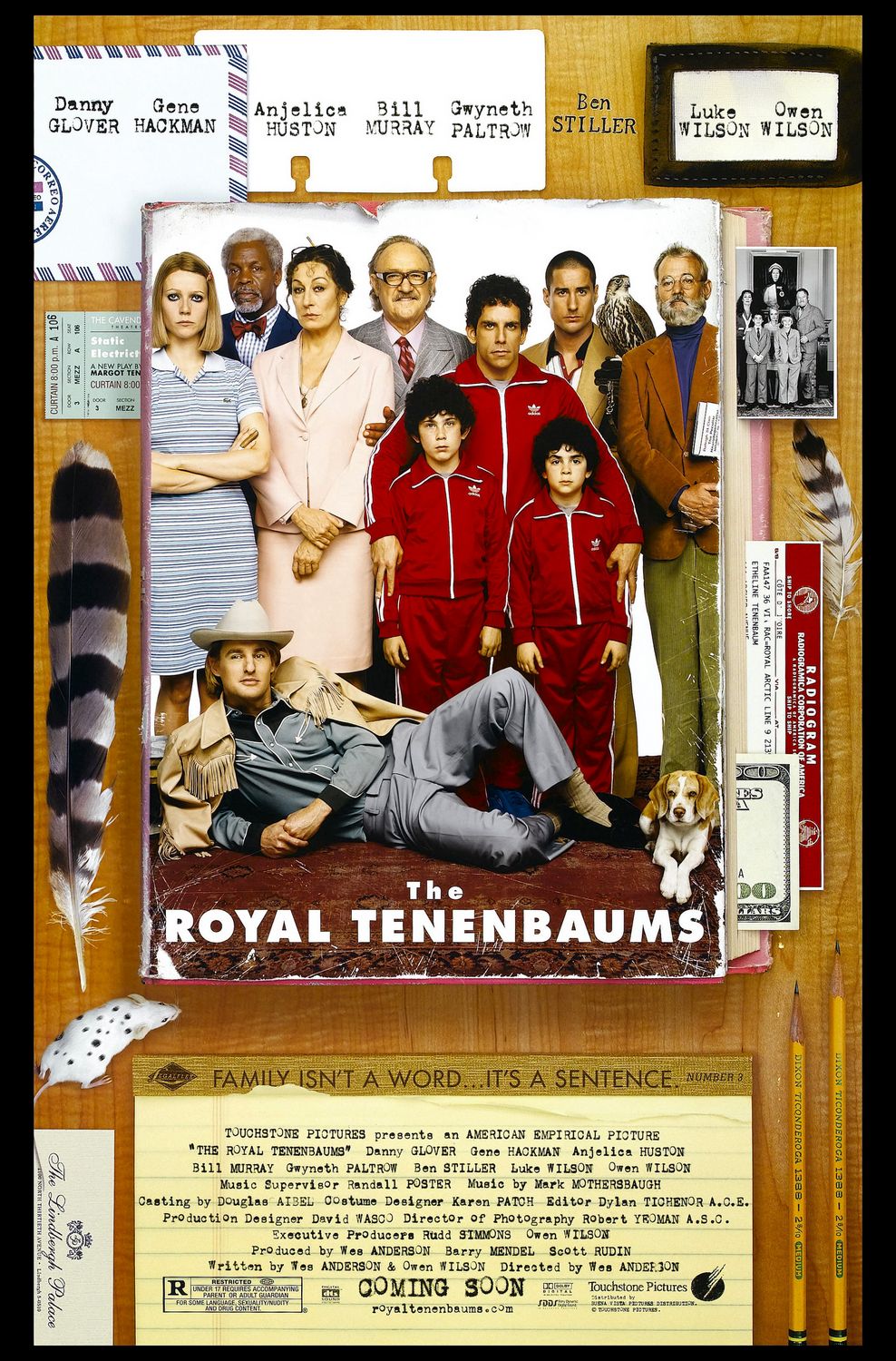Mississippi Burning - *****
If you look at any film guide from the period, Mississippi Burning usually rates about 3 out of 5 stars. I'm not sure why this film, which was nominated for a number of Academy Awards (including a win for best cinematography), was generally though of as just a bit above average by most critics.
Whether it was the controversy over liberties with history (as the director often points out, it's a dramatization based on real events with fictitious characters, not a documentary), or it just got lost in the crowd in a year that also gave us Bull Durham, Die Hard, Rain Man, Who Framed Roger Rabbit, and the even bigger Willem Dafoe film, The Last Temptation of Christ, but whatever the case, it was clearly an oversight as Mississippi Burning is now, justifiably considered a classic.
There are many strong performances here, including Brad Dourif as a racist deputy, and Frances McDormand as his wife, but the film hangs on the two key leads played by Willem Dafoe and Gene Hackman, two actors who can almost always be counted on to deliver electrifying performances.
The film deftly weaves almost every emotion in the book together in a tale about the FBI's investigation of the murder of Civil Rights activists in 1964 Mississippi. It is a detective story a little reminiscent of the 60s film In the Heat of the Night, with a northern detective paired with a (in this case former) Southern Sheriff, but in this case the tale is rooted in truth. Where it takes liberties with the facts, it does so in the interest of conveying the emotions of the time, and thus remains a relevant and powerful piece of film making.
If you look at any film guide from the period, Mississippi Burning usually rates about 3 out of 5 stars. I'm not sure why this film, which was nominated for a number of Academy Awards (including a win for best cinematography), was generally though of as just a bit above average by most critics.
Whether it was the controversy over liberties with history (as the director often points out, it's a dramatization based on real events with fictitious characters, not a documentary), or it just got lost in the crowd in a year that also gave us Bull Durham, Die Hard, Rain Man, Who Framed Roger Rabbit, and the even bigger Willem Dafoe film, The Last Temptation of Christ, but whatever the case, it was clearly an oversight as Mississippi Burning is now, justifiably considered a classic.
There are many strong performances here, including Brad Dourif as a racist deputy, and Frances McDormand as his wife, but the film hangs on the two key leads played by Willem Dafoe and Gene Hackman, two actors who can almost always be counted on to deliver electrifying performances.
The film deftly weaves almost every emotion in the book together in a tale about the FBI's investigation of the murder of Civil Rights activists in 1964 Mississippi. It is a detective story a little reminiscent of the 60s film In the Heat of the Night, with a northern detective paired with a (in this case former) Southern Sheriff, but in this case the tale is rooted in truth. Where it takes liberties with the facts, it does so in the interest of conveying the emotions of the time, and thus remains a relevant and powerful piece of film making.


